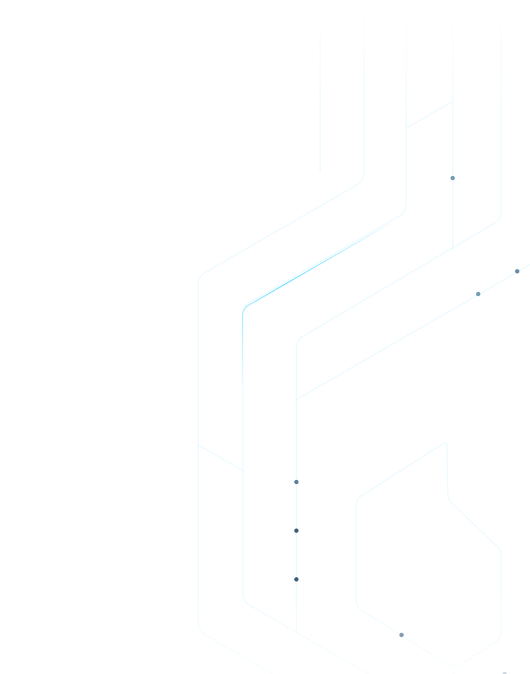
Thought Leadership from Our Deeps
Timothy Haugh at the Helm: The Future of U.S. Cyber Command and NSA

What we can expect from Timothy Haugh?
Picture this: Lt. Gen. Timothy Haugh, a battle-hardened veteran of the cyber domain, is standing at the helm of the U.S. Cyber Command and the National Security Agency. A seasoned Air Force officer, he’s the first of his kind to lead this typically Army or Navy-dominated command. It’s an interesting shift in leadership that could bring a fresh perspective to the role.




Guarding against any potential interference in our democracy
Under Haugh’s direction, it’s not hard to imagine a heightened focus on protecting the integrity of our democratic processes. Election defense has been a hallmark of his previous work with the Cyber National Mission Force (CNMF). Think of it as a digital fortress, guarding against any potential interference in our democracy.




Unmasking the adversaries
Another strategy that’s likely to be in Haugh’s playbook is the concept of strategic disclosures. It’s a bit like unmasking a hidden adversary in a game of chess. By revealing their moves and strategies – without compromising our own – we can make it harder for them to act without detection. Haugh successfully implemented this strategy at the 16th Air Force, the Air Force’s first information warfare unit, and it’s reasonable to expect that he will continue this at Cyber Command.




Refining a well-oiled machine
Now, imagine the Joint Cyber Warfighting Architecture (JCWA) as a well-oiled machine, intricately designed to manage the capabilities and programs of the Cyber Command. Haugh, as the deputy commander, has been instrumental in its development, and it seems natural that he will continue to fine-tune this machine during his tenure.
Facing internal challenges
Of course, no leadership role comes without its challenges. Haugh steps into the role at a time when there are concerns about the readiness of the cyber force, particularly the Navy’s contribution. It’s a bit like a football team where one player is lagging, potentially impacting the performance of the entire team. Timothy Haugh will need to address these issues, ensuring the team is primed and ready to take on whatever comes their way.
And then there’s the buzz around the possibility of an independent cyber force. It’s a conversation that’s becoming increasingly hard to ignore, and it’s something that Haugh will likely have to navigate.
Lt. Gen. Timothy Haugh is well-equipped with proven leadership
These changes and potential challenges paint a picture of what we can expect under Timothy Haugh’s leadership. But the reality is, cybersecurity is a complex and ever-evolving field. It’s like trying to hit a moving target. Haugh’s ability to adapt and respond to emerging threats, policy changes, and resource constraints will be the true test of his leadership. But given his track record, it seems he’s well-equipped for the task.
This opinion piece was written by a valued member of our Deeps crew,








